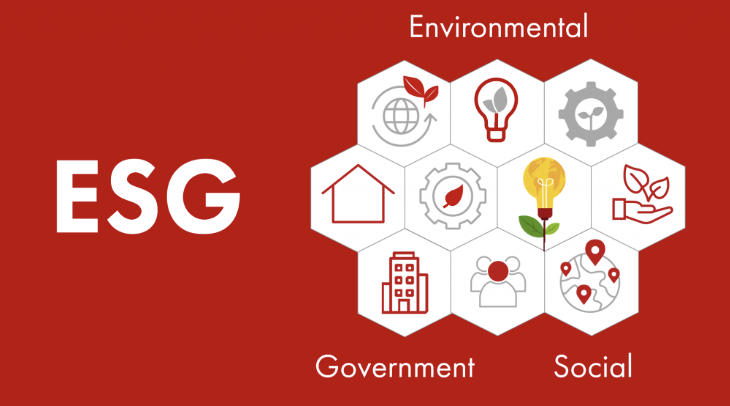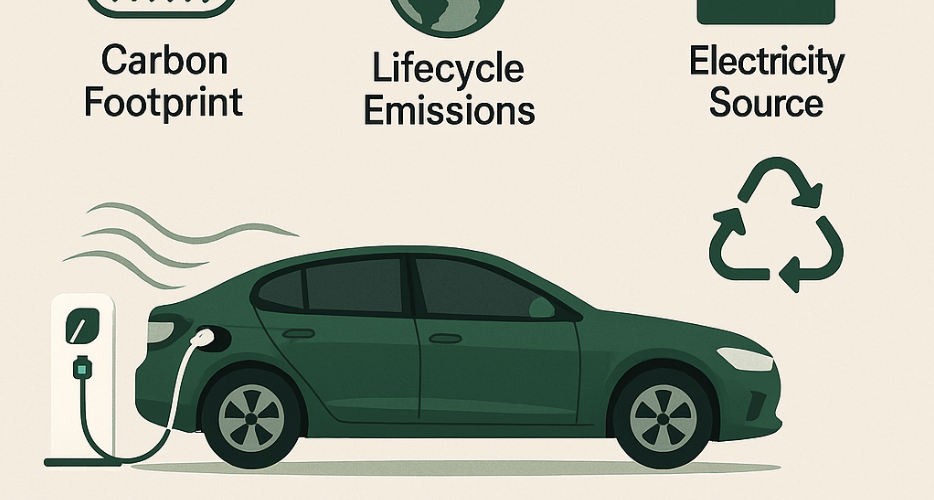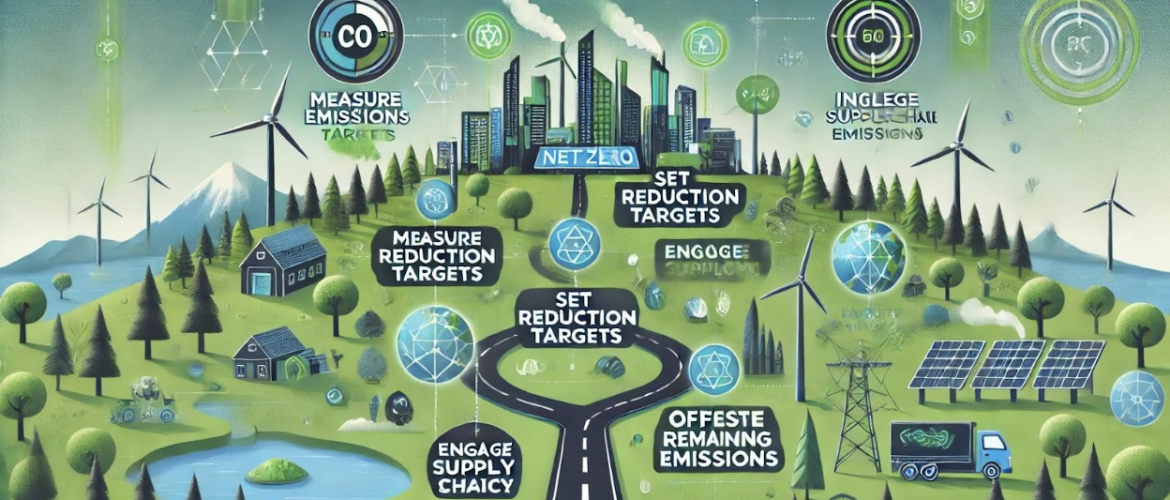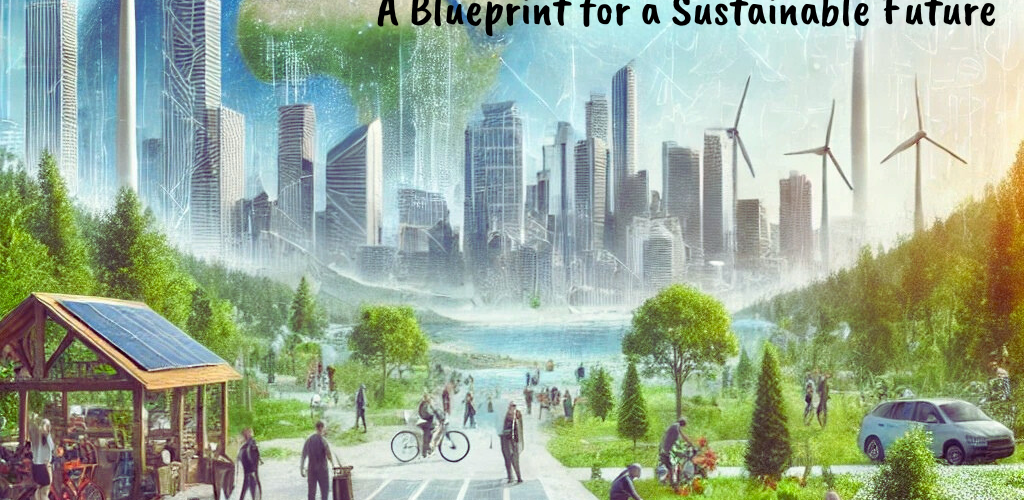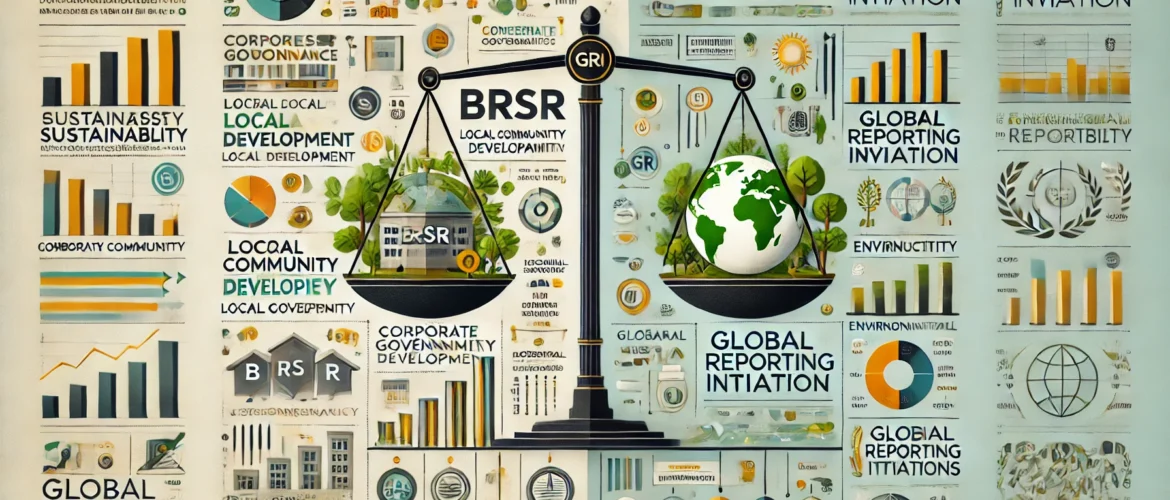Why ESG Is Not Optional Anymore: The Industrial Sector’s Role in India’s Green Goals Introduction In an era defined by climate urgency and stakeholder activism, Environmental, Social, and Governance (ESG) is no longer a corporate buzzword—it’s a business imperative. For India, a nation with ambitious net-zero goals by 2070, the industrial sector’s participation in ESG adoption is critical. With growing regulatory pressures and investor expectations, embracing ESG is not optional anymore—especially for
Are EVs Truly Zero Emission? Unpacking Their Full Environmental Impact Electric vehicles (EVs) have emerged as a cornerstone of the global shift toward clean transportation. Marketed as “zero-emission” alternatives to gasoline-powered cars, EVs have gained traction for their potential to combat climate change. However, the reality is more nuanced. While they produce no tailpipe emissions, the entire lifecycle of an EV—from raw material extraction to manufacturing, energy consumption, and disposal—reveals a broader environmental footprint. To understand the true impact
Path to Net Zero: How Businesses Can Achieve Carbon Neutrality In today’s world, where climate change is no longer a distant concern, businesses are increasingly being called upon to reduce their environmental impact. The concept of “net zero” or carbon neutrality is quickly becoming a key focus, not just for governments, but for the private sector as well. Achieving carbon neutrality is critical not only for the environment but also for businesses aiming to remain competitive, sustainable, and in
Climate Chaos: Adapting to the New Business Normal The world is facing an era of unprecedented climate instability. From extreme weather events to supply chain disruptions, businesses are no longer just observers of climate change—they are on the front lines. Companies that fail to adapt risk financial instability, operational challenges, and repetitional damage. The new business normal is one where sustainability and resilience must be embedded into every decision. The Reality of Climate Chaos Rising global temperatures, erratic weather
What Are Zero Emissions and why it matters Zero emissions refer to the complete elimination of greenhouse gas emissions, particularly carbon dioxide (CO2), from human activities. This means that no harmful pollutants are released into the atmosphere from energy production, transportation, manufacturing, or other industrial processes. Achieving zero emissions is essential to mitigating the impacts of global warming and protecting ecosystems. The primary driver behind zero emissions is the urgent need to curb climate change. Rising global temperatures
Introduction: Rewriting the Climate Code Climate change is no longer a distant threat, it’s an urgent reality that demands immediate action. With rising global temperatures, extreme weather events, and widespread environmental degradation, the need for a comprehensive solution has never been more critical. But what if we could rewrite the climate code, creating a sustainable roadmap that will safeguard our planet for future generations? In this blog, we’ll explore how rewriting the climate code isn’t just a theoretical
BRSR vs. GRI: Sustainability reporting has become a cornerstone of corporate governance, driven by heightened global awareness and increasing regulatory requirements. Among the prominent frameworks, India’s Business Responsibility and Sustainability Reporting (BRSR) and the internationally recognized Global Reporting Initiative (GRI) stand out as comprehensive approaches to Environmental, Social, and Governance (ESG) disclosures. While both prioritize transparency and accountability, their methodologies, scopes, and impacts differ significantly, making it essential for businesses to understand their
The Harmonious Symphony of CSR and ESG: A Melody of Social Responsibility and Sustainable Growth In the grand orchestra of modern business, two acronyms resonate with unique harmony: CSR and ESG. They are not mere buzzwords or checkboxes on a corporate to-do list; they represent the essence of responsible business practices and sustainable growth. To understand their significance, we must delve into the intricate composition of Corporate Social Responsibility (CSR) and Environmental, Social, and Governance (ESG) principles. Unveiling the Enigma of Corporate


